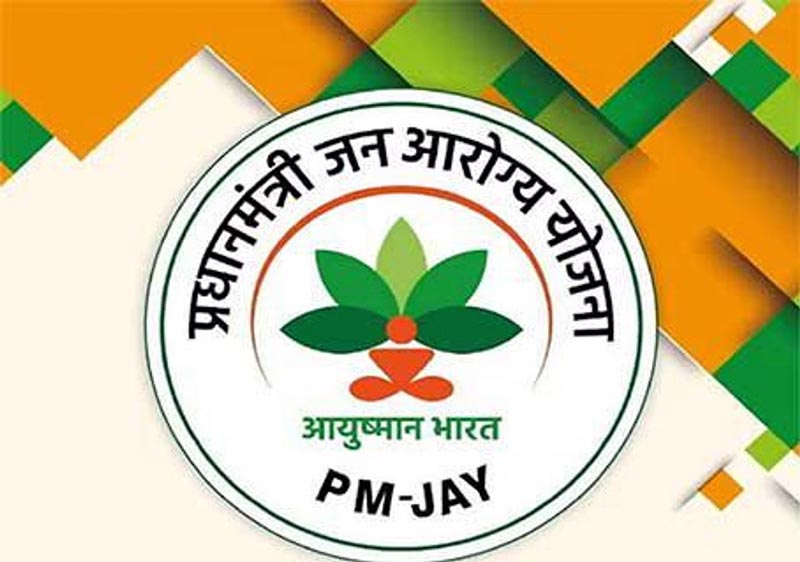The decision of private hospitals and dialysis centres across Jammu and Kashmir to halt services under the Ayushman Bharat-Pradhan Mantri Jan Arogya Yojana (AB-PMJAY) from September 1 is a matter of grave concern. The announcement, stemming from the non-release of funds amounting to approximately Rs 300 crore since March 2024, highlights a crisis that could have catastrophic consequences for the healthcare system in the region. The situation underscores a broader issue of governance and accountability, particularly concerning the ongoing legal battle between the Government and the insurance provider, IFFCO Tokio. This dispute has not only delayed the release of crucial funds but has also jeopardised the healthcare services of thousands of residents who rely on the AB-PMJAY scheme. The protracted legal wrangling has placed an enormous financial burden on the empanelled hospitals, which, despite assurances from the authorities, have found themselves without the resources needed to continue offering services to Golden Card patients.
These healthcare facilities have exhausted their financial reserves and strained their relationships with suppliers, who have extended credit far beyond their usual limits. However, the ultimatum to halt services unless payments are released by August 31 reflects the untenable position these hospitals and dialysis centres now find themselves in. This crisis is not just a financial one; it is a public health emergency. The AB-PMJAY scheme, designed to provide health coverage to millions of underprivileged citizens, is a lifeline for many. With operation dates in hospitals extending into months, these facilities are truly a boon for the public. Its disruption could lead to a significant decline in public health standards across the region. The responsibility for resolving this crisis lies squarely with the relevant authorities, who must act swiftly and decisively. The ongoing legal battle with IFFCO Tokio should not be allowed to continue at the expense of public health. The State Health Agency, along with the higher echelons of Government, must ensure that the funds are released immediately and that such a situation does not recur.


